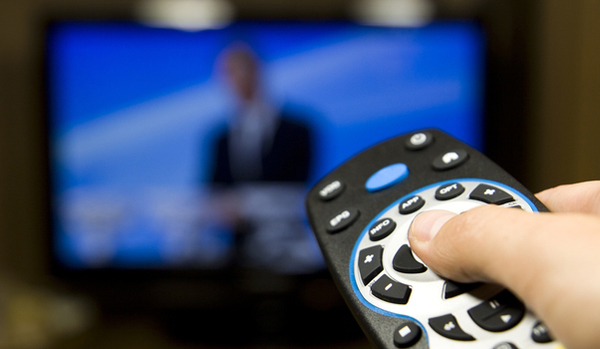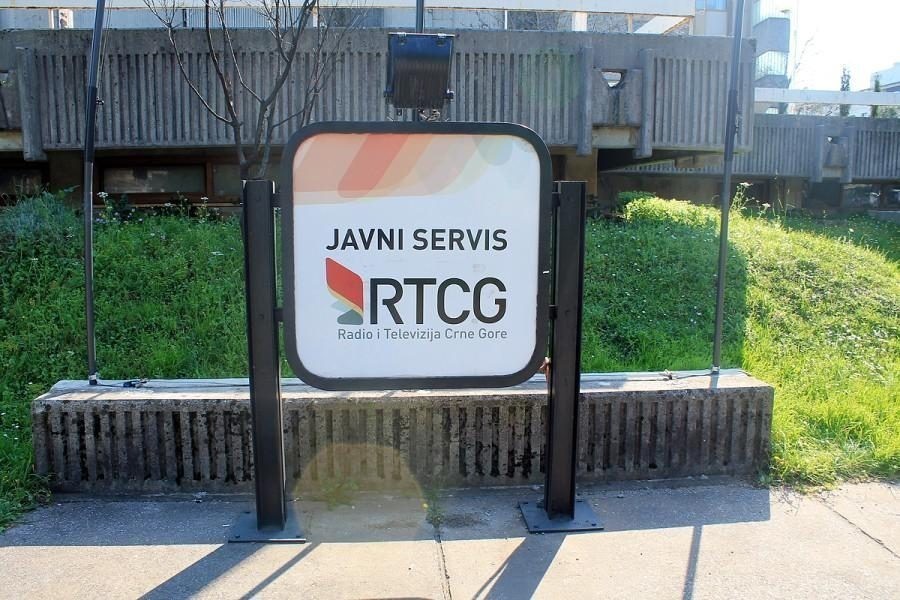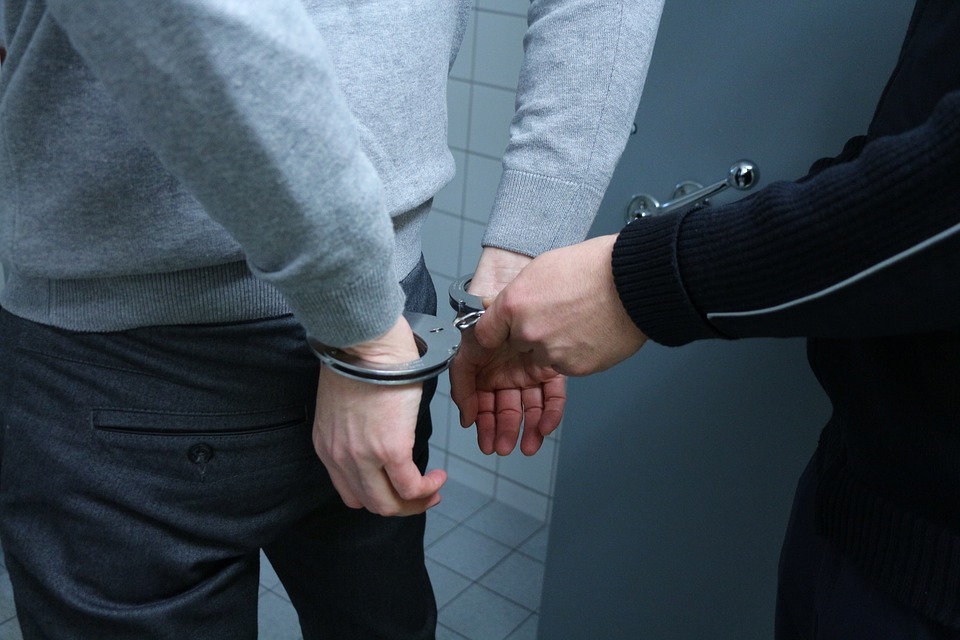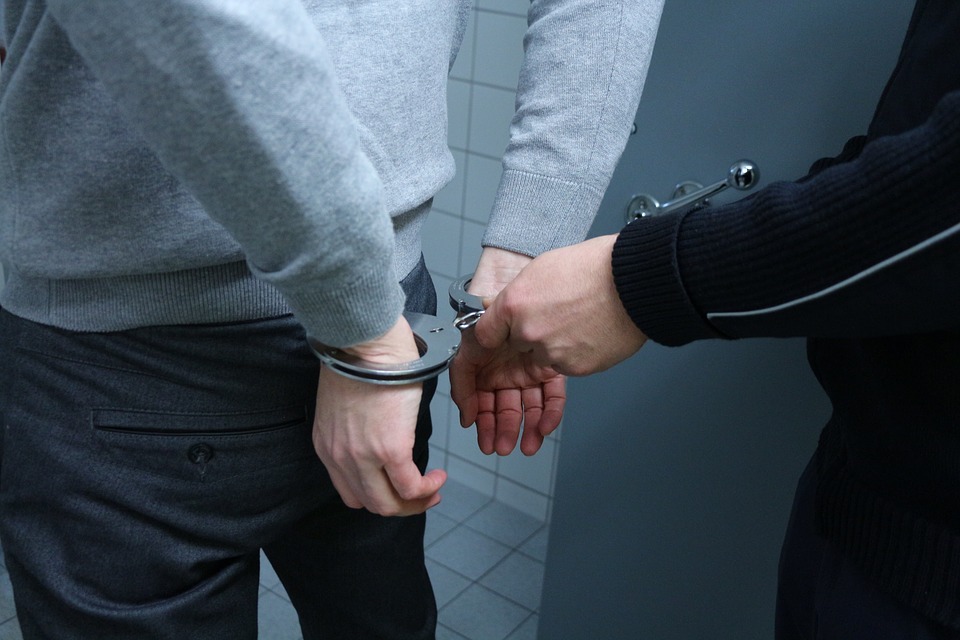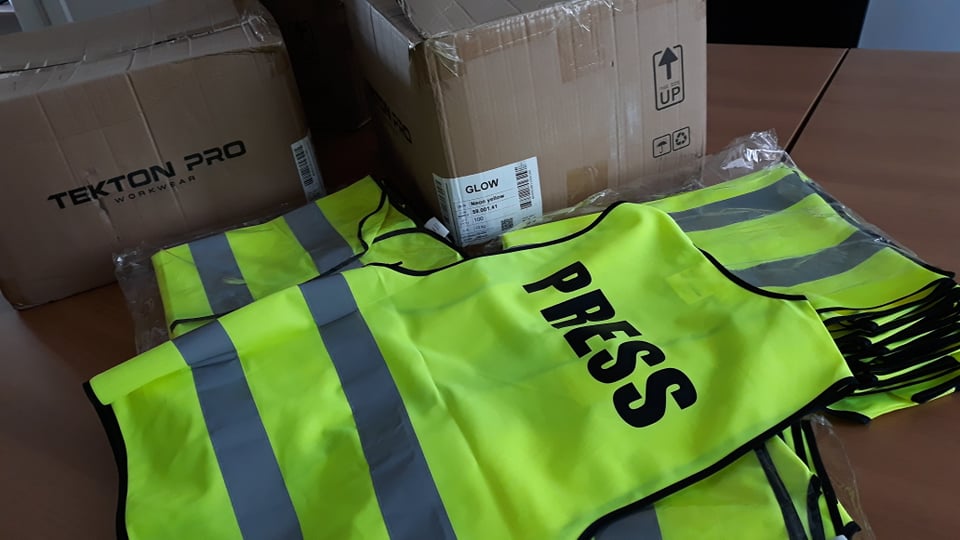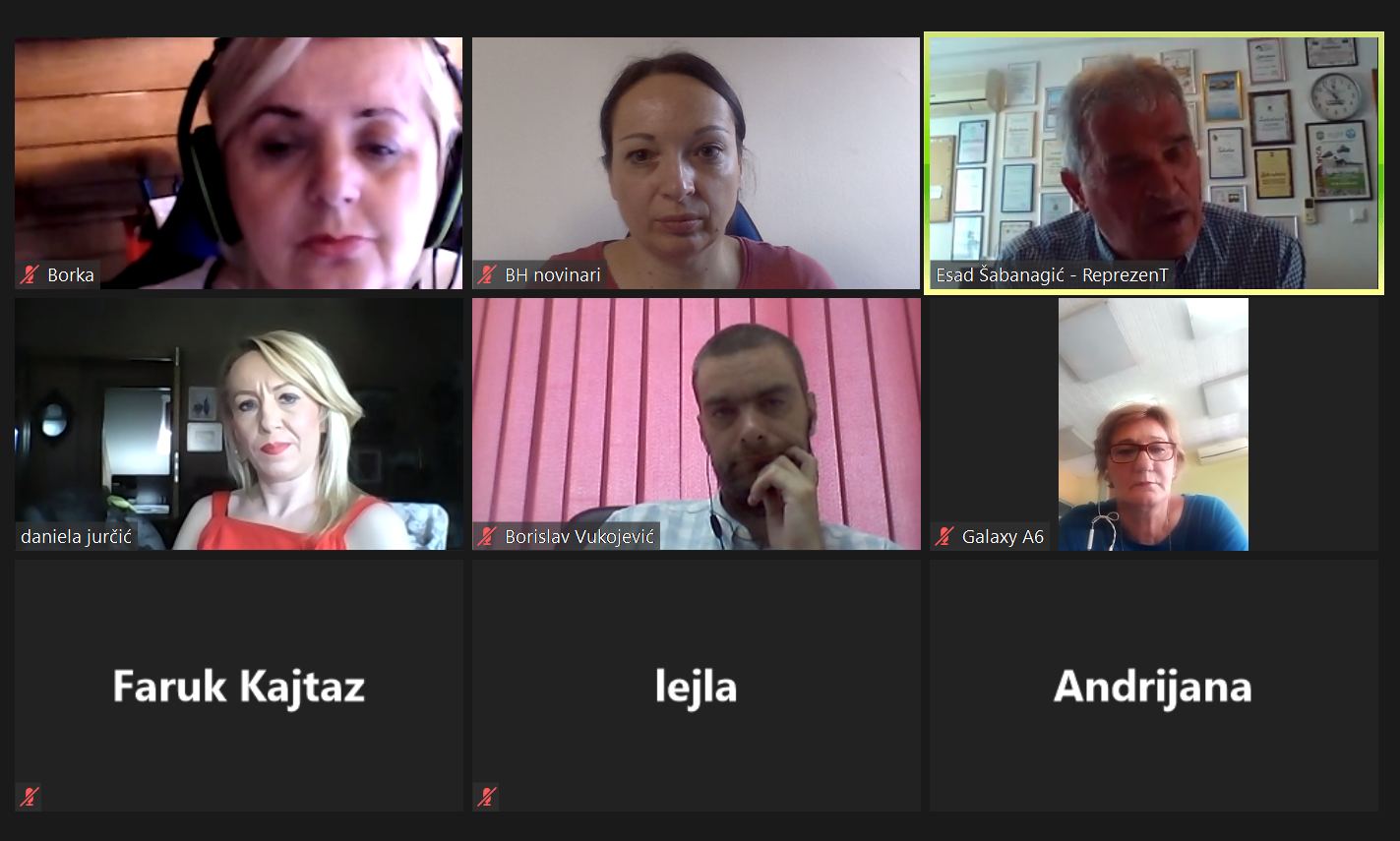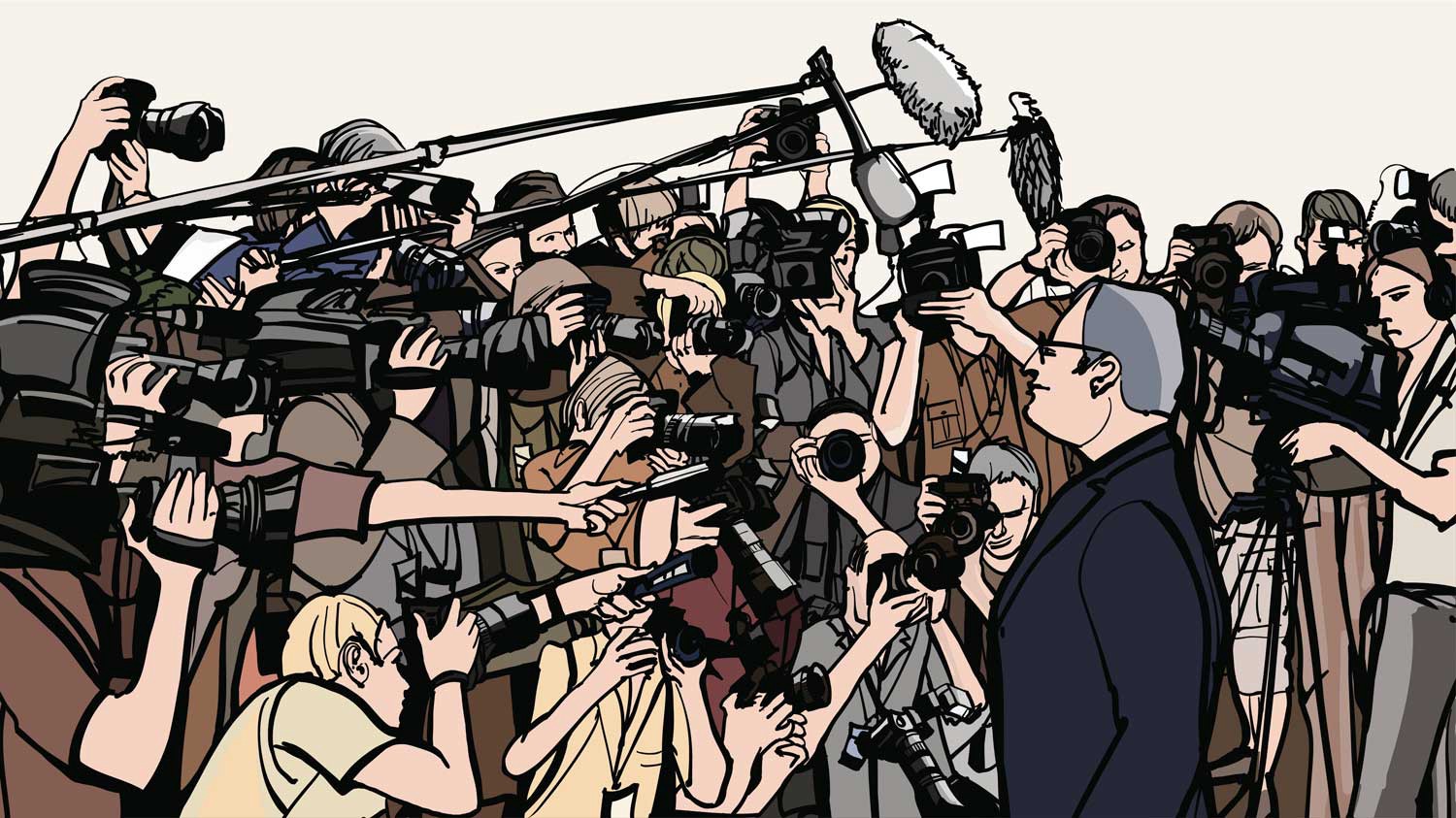Poštivanje pluralizma informacija, te raznovrsnosti političkih, religijskih i drugih ideja dio je entitetskih zakona o javnim RTV servisima. U Zakonu o komunikacijama BiH navodi se da regulatorni principi emitiranja obuhvataju zaštitu slobode izražavanja i raznolikosti mišljenja „poštujući općeprihvaćene standarde ponašanja, nediskriminacije, pravičnosti, tačnosti i nepristrasnosti.“
Iz ovoga proizlazi da je Regulatorna agencija za komunikacije (RAK) obavezna da vodi računa o poštivanju političkog pluralizma u elektronskim medijima tokom cijele godine, bez obzira na izbore. Međutim, RAK vrši monitoring samo tokom predizborne kampanje ili nakon ad hoc odluka o monitoringu pojedinih medija.
U 2018. izbornoj godini RAK je u 51 slučaju izrekao izvršne mjere po osnovu utvrđenog kršenja relevantnih odredbi primjenjivih pravila i kodeksa Agencije, Zakona o komunikacijama i Izbornog zakona BiH i Pravilnika o medijskom predstavljanju aktivnosti političkih subjekata od dana raspisivanja izbora do dana održavanja izbora. Od ukupnog broja izrečenih kazni, u 17 slučajeva izrečene su novčane kazne od 181.500 KM (zbirno), te 19 pismenih i 3 usmena upozorenja, 3 suspenzije dozvole i 9 oduzimanja dozvola (Izvor: Godišnji izvještaj RAK-a za 2018. godinu).
Djelatnost javnih i privatnih medija tokom izborne kampanje regulirana je u članu 16. Izbornog zakona BiH. Pravila za medije u ovom Zakonu najvećim dijelom odnose se na elektronske medije, štampa se spominje samo na dva mjesta, dok online mediji uopće nisu obuhvaćeni. Zbog nepoštivanja pravila ravnopravnog i fer predstavljanja svih političkih subjekata u medijima, moguće je sankcionirati samo radio i TV-stanice, ali ne i druge medije. Poštivanje profesionalnih standarda u printanim i online medijima prati Vijeće za štampu i online medije u BiH, koje je samoregulacijsko tijelo.
Monitoring koji provode nevladine organizacije pokazuje da su pojedini mediji i javni servisi više naklonjeni određenim političkim strankama i kandidatima u odnosu na druge, te kako ne poštuju zakonske obaveze i regulatorna pravila. Tokom kampanje za Opšte/Opće izbore 2018. godine zabilježena su nedopustiva kršenja pravila, posebno u javnim servisima, zbog čega je nekoliko političara uputilo javna reagiranja i žalbe regulatoru, žaleći se na pristrasnost.
Pojedini javni servisi promovirali su određene političke kandidate prije zvaničnog početka izborne kampanje, 7. septembra 2018, što je bio slučaj sa Radio-televizijom Republike Srpske (RTRS), koja je u tom periodu u dva navrata ugostila tadašnjeg predsjednika RS-a i kandidata za člana Predsjedništva BiH Milorada Dodika. Nakon ovih gostovanja, pismom uredništvu RTRS-a obratio se tadašnji srpski član Predsjedništva BiH Mladen Ivanić, pitajući kada će i on dobiti termin u programu RTRS-a.
Mirsad Hadžikadić, nezavisni kandidat za bošnjačkog člana Predsjedništva BiH, 27. 9. 2018. godine iz protesta je napustio debatnu emisiju na Federalnoj televiziji (FTV), uz obrazloženje da FTV i Radio Federacije BiH donose uredničke odluke „koje nisu neutralne, a time ni u interesu javnosti“.
Također, bila je primjetna tendencija da sami političari biraju u kojim će medijima predstaviti svoj izborni program, na taj način svjesno šaljući poruku javnosti o medijima čiji sadržaj odobravaju, i obrnuto – o onima koji su, prema njihovom mišljenju, „nepoželjni“ i nekorektni u svom izvještavanju.
(Podaci iz izvještaja „Indikatori nivoa medijskih sloboda i sigurnosti novinara u Bosni i Hercegovini 2019“)


